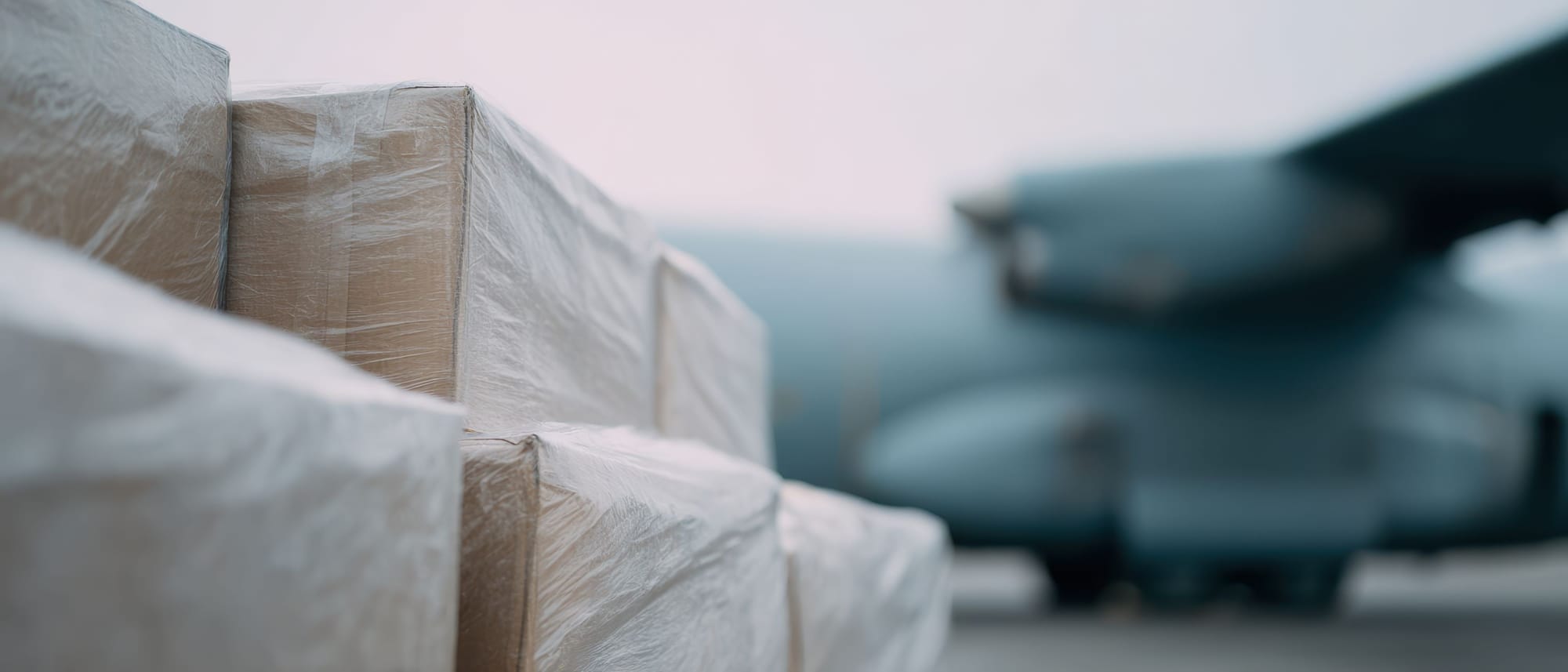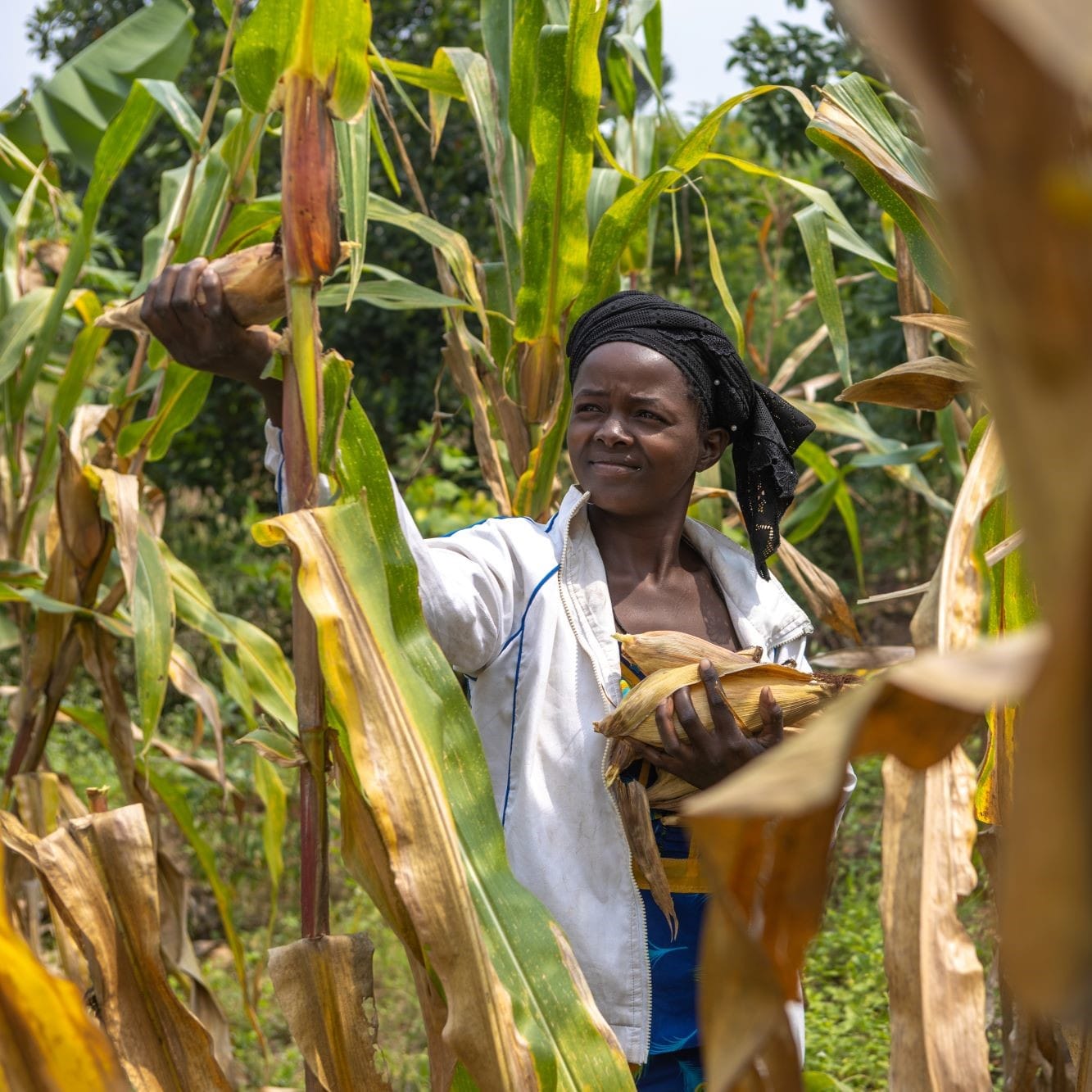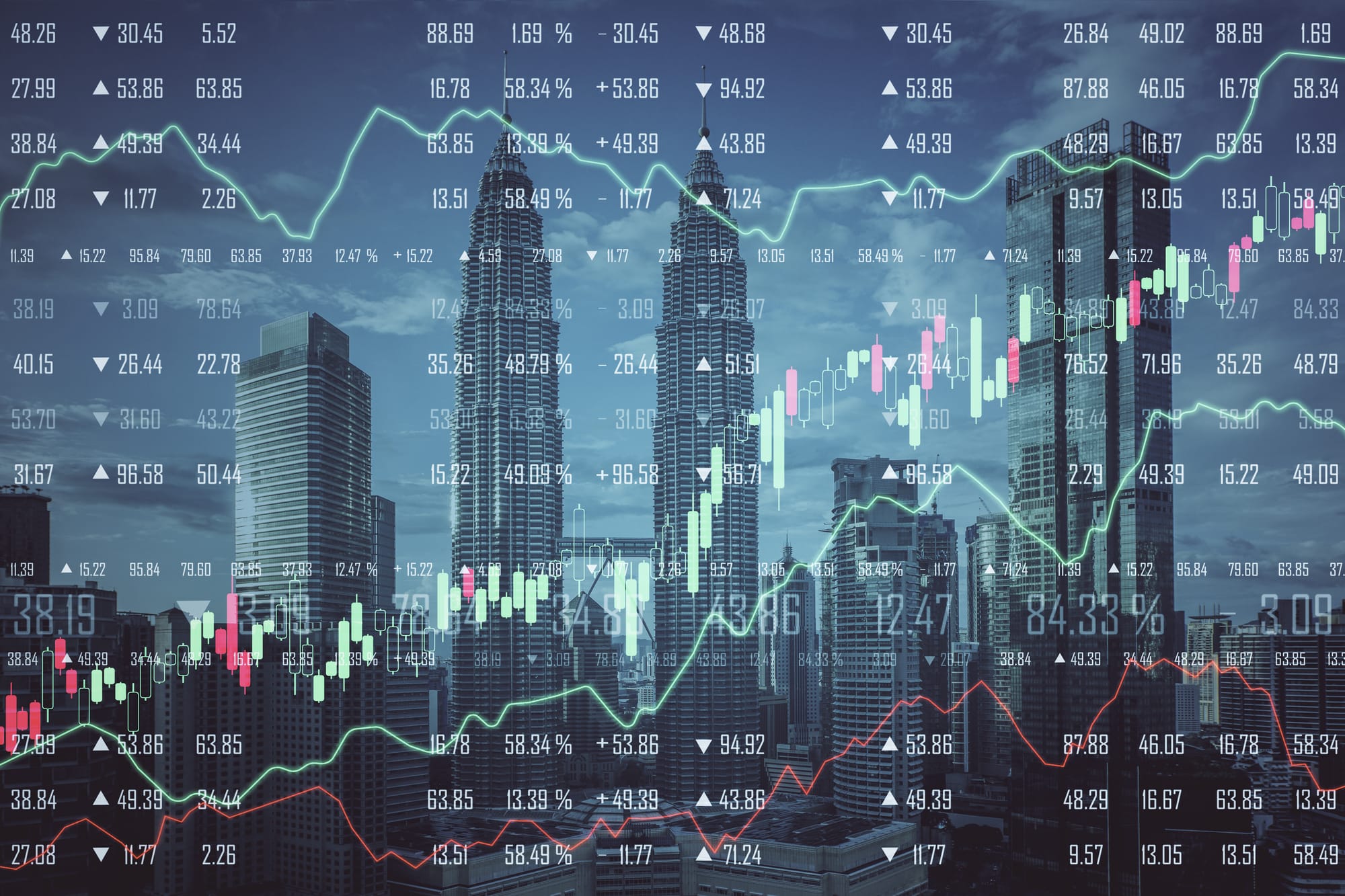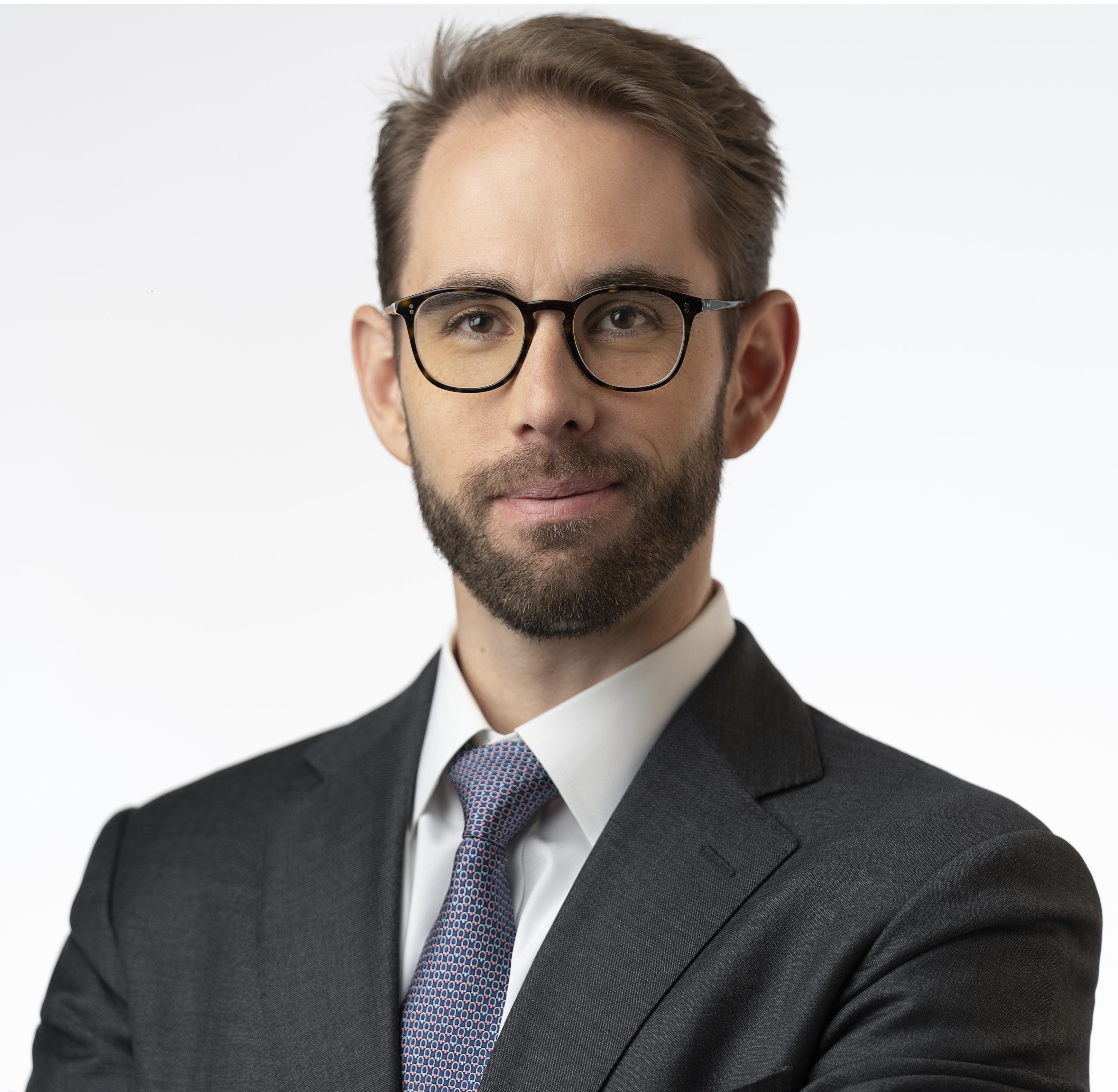Editor’s Note: This interview is part of a series on Women in Development highlighting the role women play in DAI’s work around the globe. The Q&A was conducted by DAI Communications Specialist Sara Lehman.
Who has been your biggest role model?
My mother. She’s very strong and hardworking. When I was a little girl, I remember waking up at 4 a.m. to help her prepare the food she sold every day to make a living. When it was time for university, I thought about quitting school so I could start working and help my mother out financially. She said to me, “You can decide for yourself, but if you want to change your life, there is no other way than pursuing an education as high as you can go. It’s a parent’s responsibility to support their child’s education, so don’t worry about the money.” So that’s what I did.
How did you get into the development field?
At first, I wanted to be a fashion designer but I wasn’t accepted into the program. So the following year, I applied to a political science program at university. I was accepted and my future changed forever. After my undergraduate studies, I went overseas for the first time. I received a scholarship to pursue a master’s degree in women’s studies in the U.K. I was intimidated at first—I had to start studying English intensively at 27 years old! But then I thought, why shouldn’t I be able to do this?

What were women’s roles in your field when you first began your career, and how do you see those roles changing now?
I was the first Indonesian to earn a degree in gender analysis and development. It was the early 1990s, the beginning of the gender movement in Indonesia. The word “gender” barely existed when I started working as a researcher at the Women’s Study Center in Indonesia. I had to explain so much about what “gender” meant that people started calling me Ibu Gender (“Ms. Gender”)!
The challenge today is that some women still think it’s not good to be a leader. We knew it would be a long process to change mindsets, but we didn’t anticipate it would take this long. For example, women’s political participation is still very low.
What is one of the biggest challenges you’ve faced in your career?
It was tough being separated from my daughters and family while I was pursuing my Ph.D. in the United States. But in turn I thought, I can be a role model for my girls. People think that if a mother is working, her children will not be well raised because she isn’t around. That’s not true. My daughters are now studying political science in top universities. You need a support network, but it is possible to shift the concept of the family from everyone living together under one roof. I’ve taught my girls to be independent and how to take care of themselves, as well as different ideas about sexuality and marriage. You can’t introduce these ideas and tolerance into the larger community without starting first with your family.
What is one piece of advice someone gave you that you have found the most valuable?
My mother told me: “If you have a dream, you have to say it. Not only to yourself, but out loud to others.” When I was a young woman, from reading magazines and watching TV, I thought, I want to study in the U.S. or Europe. And it happened. Later I thought, I want to work with the UN in Timor-Leste, and it happened.
What do you think is the importance of women’s participation in development—not just through women-inclusive programs, but also in the development workforce?
Women’s participation in the development workforce is crucial because we have socially different experiences and needs. Men understand at a theoretical level but they cannot capture the real needs of women—particularly when you are talking about policymaking or program design. The policy or the development program must reflect the real needs of target beneficiaries. That’s why we also need more women in government—to make more women-sensitive policies. Equal rights isn’t just about the numbers, it’s about reflecting the different experiences of men and women.
What advice would you give people just starting their career in international development?
Two things—first, education is the most important thing. It opens doors. You have to excel in everything you do and the opportunities will come. I was able to study in the United States for my Ph.D. with a Ford Foundation scholarship. Now it’s my turn to give back. I continue to donate to Ohio State every year to provide scholarships for American and international students who want to pursue gender studies.
The second piece of advice is that you have to be involved in these issues with your heart. You must want to do this work not just because of your interest, but also because of your heart.





